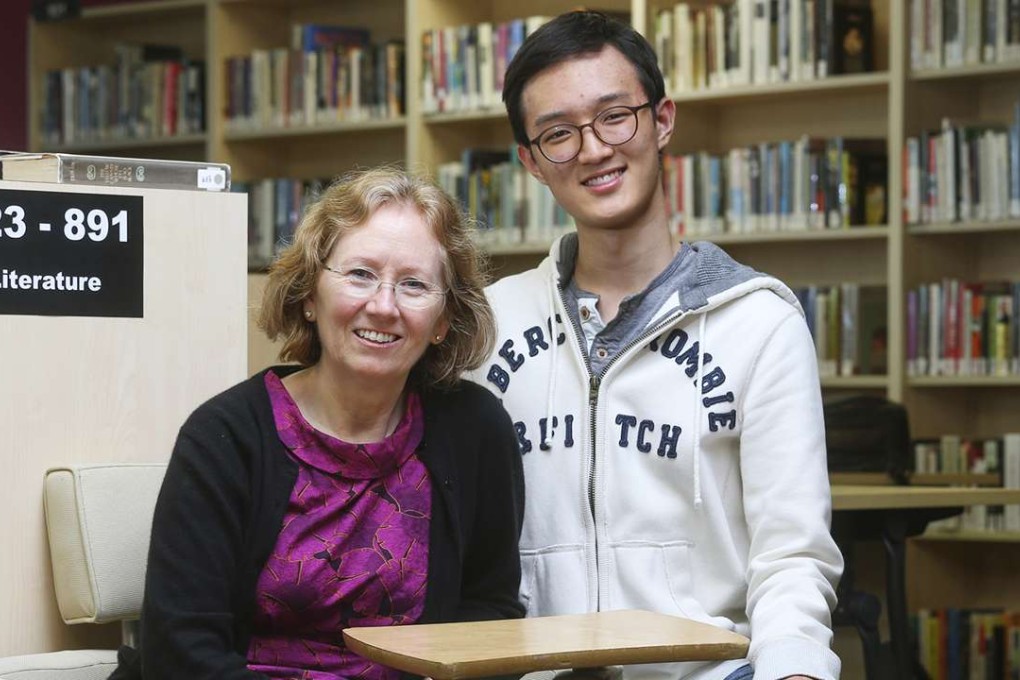Why US universities are changing what they look for in students, and how Asians are affected
A growing number of America’s elite universities are looking at more than just test scores when determining admission, instead focusing on attributes such as altruism and passion for worthwhile causes

Changwook Shim displays formidable academic credentials. The Hong Kong International School (HKIS) student has a grade point average of 3.9 (out of a possible 4), scored 2,320 out of a possible 2,400 on his SAT, and earned 35 out of a possible 36 in the ACT college admissions test.
He is just as impressive outside the classroom. Now 18, Shim has led the HKIS volleyball and debating teams, and plays the viola for his school orchestra and the Hong Kong Youth Symphony Orchestra. And as president of the North Korean Refugee Club, he recruited fellow students to make videos to teach English to refugees living in South Korea.
A maths whiz, he represented Hong Kong and his school in prestigious maths competitions, completed a University of Hong Kong undergraduate linear algebra course with distinction during a maths camp, and takes time to tutor students struggling with the subject.
“Chang’s a natural,” says HKIS guidance counsellor Madeleine McGarrity. “His face lights up just talking about mathematics. He’s a role model and mentor to younger students, gives 100 per cent in everything he does, always ready to help, loves learning, asks lots of questions.”
With such an excellent track record, the offer that Shim received to study maths at the University of Pennsylvania this year may seem a matter of course. But for many bright students, getting the education they want is less straightforward, and candidates often take up a plethora of causes or activities to bolster their résumés in the the quest for places at leading US universities.

Until the changes are rolled out, however, competition for university places will be fiercer than ever.